Julian Kyula is founder and Group CEO of Mobile Decisioning Company (MODE), a Nairobi-based global financial technology company. MODE has built platforms used by telecommunications companies such as MTN and Airtel. One of its products, Nano, allows mobile subscribers to request salary advances and receive the advance via their mobile money provider. MODE has presence in 28 countries with offices in Nairobi, London, Delhi, Lagos, Dubai and Johannesburg. Mr Kyula has won multiple awards including the 2012 IBM Global Entrepreneur of the Year Award. Mr Kyula is also a reverend and the senior pastor of the Nairobi-based Purpose Centre Church. He talks about success, entrepreneurship and management.
- What was your first job?
I did my first job right after high school. I worked for a real estate company. The company was from the UK and it specialised in evaluating assets for companies.
- What parts of your job keep you awake at night?
The growth of the business and making sure that our structures are efficient. I don’t stay awake anymore about capital, I think we have cracked that. I have discovered capital will always keep you awake at night if you let it. For me, structure and having the right processes are key.
- Who has had the biggest impact on your career and why?
My biggest mentor in business is a man called Jesus. He literally worked himself out of a job and ceded control in three years. If you study Jesus as a leader, his articulate training of leaders and his [decision] to go away so that [the people he trained] could do what he taught them, is perhaps one of the biggest secrets of leadership that a lot of people have not been able to tap into. In Africa particularly we have people who stay on for too long.
I have also met people who have influenced me greatly. I have met people like [the late Bahamian televangelist] Dr Myles Munroe who was a very big influence in my view [on issues] about life and people. I have also met Bill Gates who is an absolutely inspiring man.
- What is the best professional advice you’ve ever received?
Don’t ever ask anyone in your organisation to do something that you yourself are not willing to do. I have done many jobs. I have been a waiter, I have been a driver [and] I was rejected as a security guard somewhere in my life. My point is, I’m very aware of what our janitor goes through, what our drivers go through and what our executives go through. I’m not going to refuse to clean up my floor if I see dirt because there is a janitor. I will do it. The person who gave me this piece of advice made me understand that a leader is not a boss.
The second most important thing I was advised is to rather have someone who is available and doesn’t know [it all], than to have somebody who knows it all but is never available. If you are available and willing to learn we are going to spend the resources and time to train you.
[crp]
- The top reasons why you have been successful in business?
The one thing my wife tells me is I don’t quit easily. I get up and get back in the game. I think I am resilient. Sometimes I don’t have the full confidence of what I am doing but I still go ahead. If I make my decision that I am going to do it I don’t look back. I think a lot of people get scared. It’s not that I don’t get scared it’s that I do it afraid. If thugs came to your house and you had to protect your family it’s not that you are going to go out [feeling confident]. You will be afraid [because] you could get killed and then your family would also be killed. But you will defend your family afraid. Even with business, you might not have all the answers, but go for it.
- Where’s the best place to prepare for leadership? Business school or on the job?
I think we never stop learning. I have seen a lot of leaders who go back to business school to continue learning about how to be leaders. If I had to put a number to it, I would give six to learning on the job, and four to doing school-based learning. There is nothing that teaches you how it is done than the job.
- How do you relax?
I like tennis. I like swimming. I’m also quite involved in movie production so I have invested in a few movies. One of my dreams is to produce a trilogy of King David. I don’t think it has been told the right way. I would really like to meet the producer of the movie 300 because he captured what I would like to do.
- By what time in the morning do you like to be at your desk?
I try to be at the office by 7am. I have breakfast my wife and three sons from 6am.
- Your favourite job interview question?
I don’t ask questions, I listen for something. When I’m speaking to a person there are three things I look for in my listening. One, is there attitude which comes with honesty and candidness. Second, I listen for loyalty. I personally put loyalty at quite a high premium. Can this person be loyal, not to me [but] to what they do? I do not like leaders who are not available. And availability does not mean sitting on your chair for 12 hours doing nothing. Third, I need to know if this is someone I can work with for the next ten to 15 years. Moulding people and walking with people takes time. If you just want a job then you will quit when the next person approaches you, then I do not need to invest in you.
- What is your message to Africa’s aspiring business leaders and entrepreneurs?
We must become bold and confident in understanding that the world has become a village. I think we must stop being entitled. I hear a lot of times people say “it is because I am an African”. I think that is a very bad message that people use as an excuse. There is nobody I have met anywhere that is unwilling to hear a good idea. Ideas don’t come dressed in black, white or Chinese. So let’s stop making excuses [and] let’s reduce our entitlement because nobody owes us anything. The best potential in the world sits here in Africa – in varied sectors from technology to real estate to agriculture. What we have to do is align ourselves, prepare ourselves and start getting positioned for what is about to happen. I don’t think we can make any more excuses. (HOWWEMADEITINAFRICA.COM)
[crp]

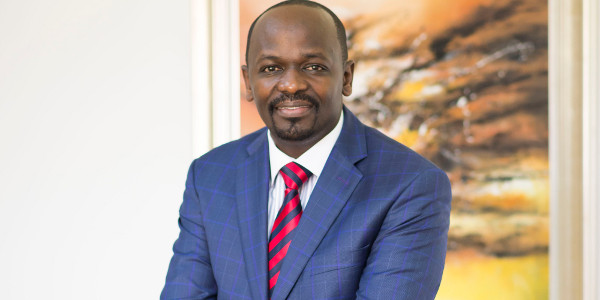



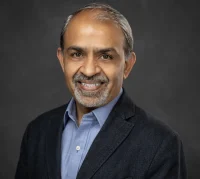
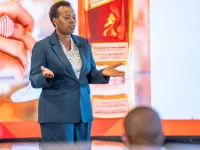












































![Pula Co-Founders and Co-CEOs, Rose Goslinga & Thomas Njeru. Pula provides agricultural insurance and digital products to help smallholder farmers manage climate risks, improve farming practices and increase their incomes. [ Photo / Courtesy ]](https://businesstoday.co.ke/wp-content/uploads/2021/01/Pula-Co-Founders-and-Co-CEOs-Thomas-Njeru-Rose-Goslinga.jpg)

























































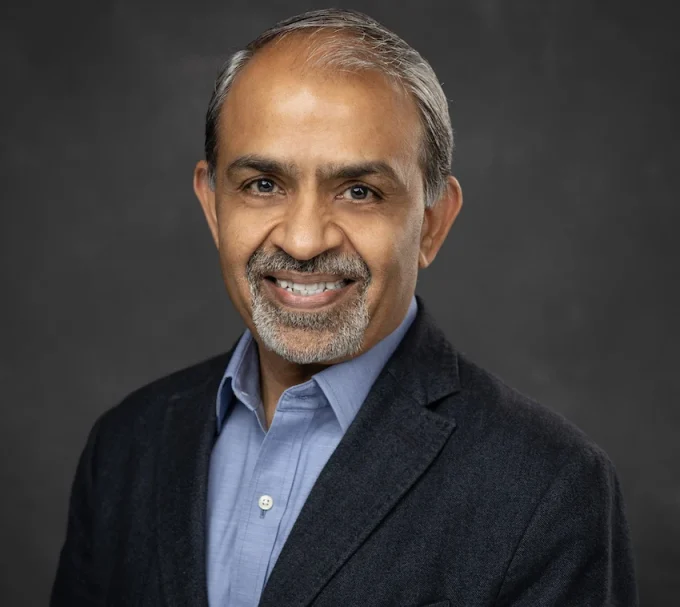
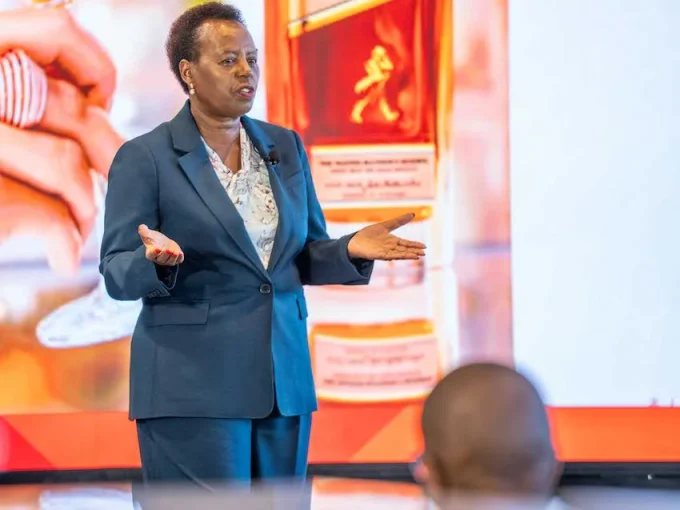

Thank you Pastor. That is a load of advice,learning from Jesus as a leader. Kudos MOG.
Very informative.